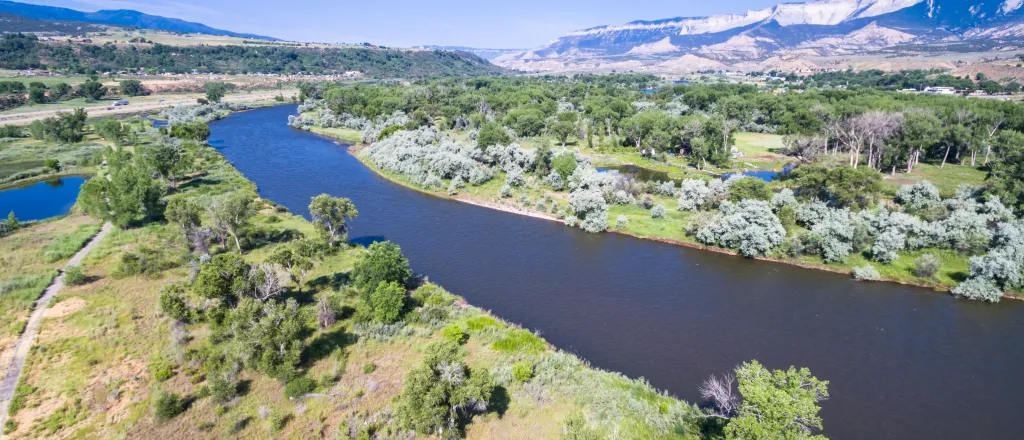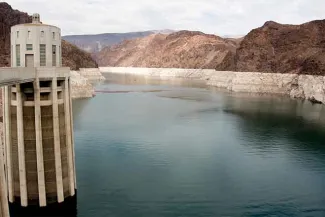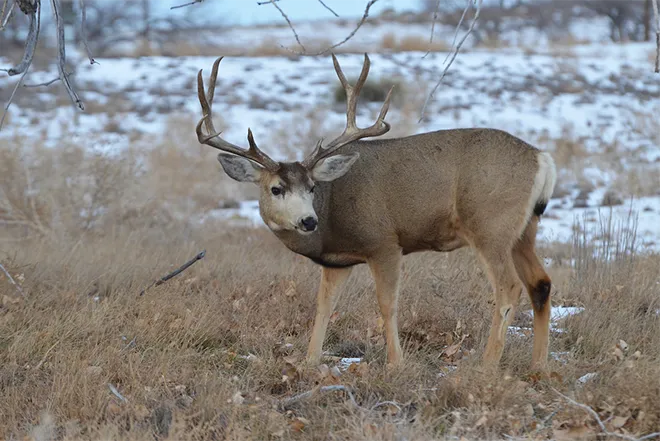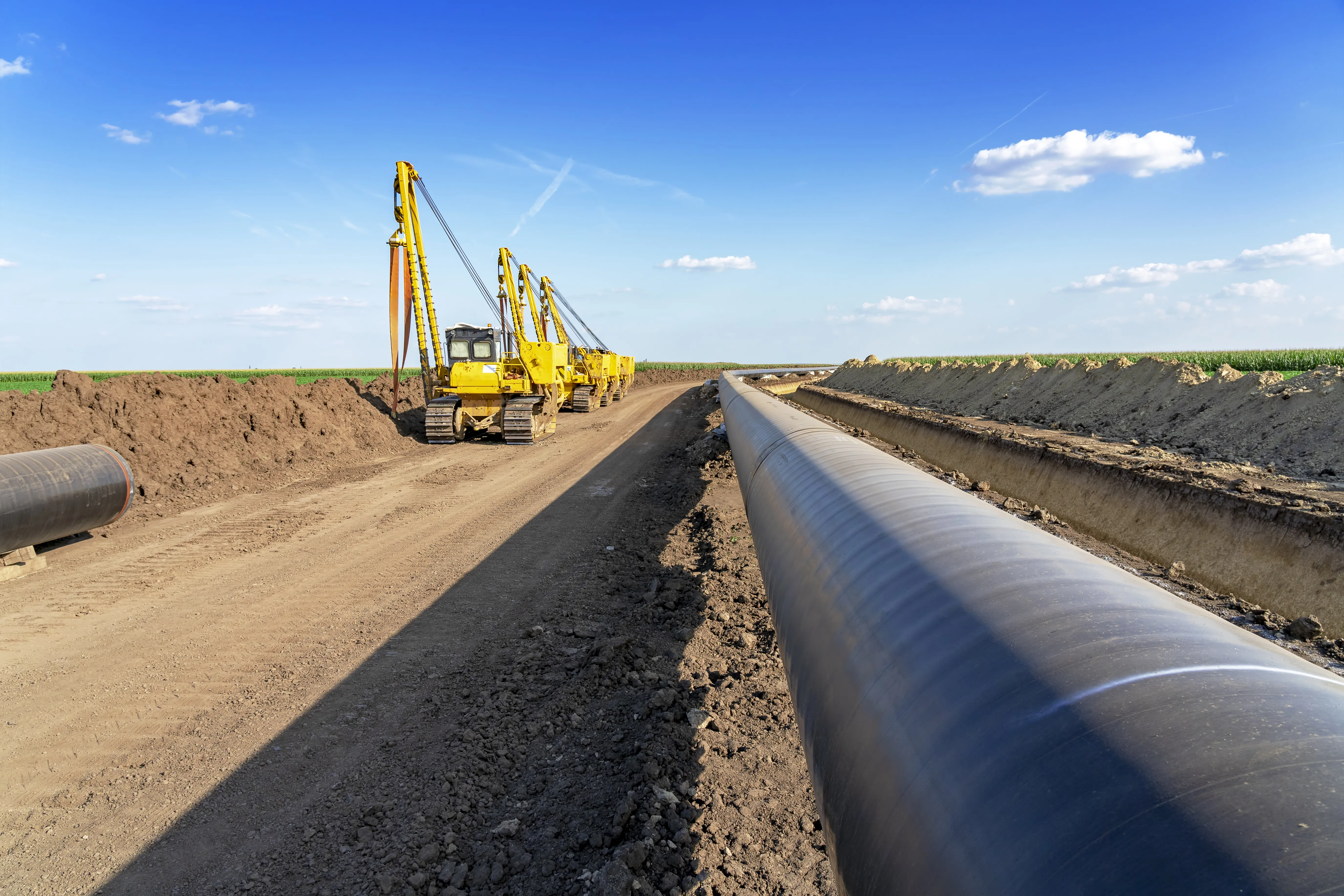
Wildlife advocates in Arizona work to protect Colorado River
Click play listen to this article.
With Arizona in the grips of a prolonged drought, scientists are working on a new management plan for Colorado River water.
As the state continues its unbridled growth, a growing number of residents rely on it for a lot of their drinking water. Dwindling water levels behind the dam on Lake Mead and a growing residential demand downstream are having a negative effect on the river.
Orlando Cazarez, director of global conservation and sustainability learning initiatives at Arizona State University, said those factors are threatening $26 billion in recreational activities along the river and they have an outsize effect on the Latino population.

Hoover Dam on the Colorado River Drought © iStock - ngc4565
"One-third of all Latinos in the U.S. live on the basin of the Colorado River," Cazarez pointed out. "That's a whole lot of families. That's a whole lot of businesses. A whole lot of tourists and other communities that rely on that area."
Cazarez argued unless policymakers can develop better water use polices, Lake Powell, which is supplied by the Colorado River, could reach "dead pool" status by the end of next year.
Jeronimo Vasquez, a member of the board of supervisors in Coconino County, said current policies, which allocate water to each of seven southwestern states in a federal compact, mean Arizona is getting less water.
"Now, as the federal government is pulling back some of its protections or some of its agreements in different ways, defunding certain federal agencies that are part of this, that means the states are going to have to figure it out," Vasquez stressed. "That means people on the local level are going to have to get involved."
The National Wildlife Federation said at least 234,000 jobs rely on the Colorado River, including hunting, fishing and rafting outfitters.

















